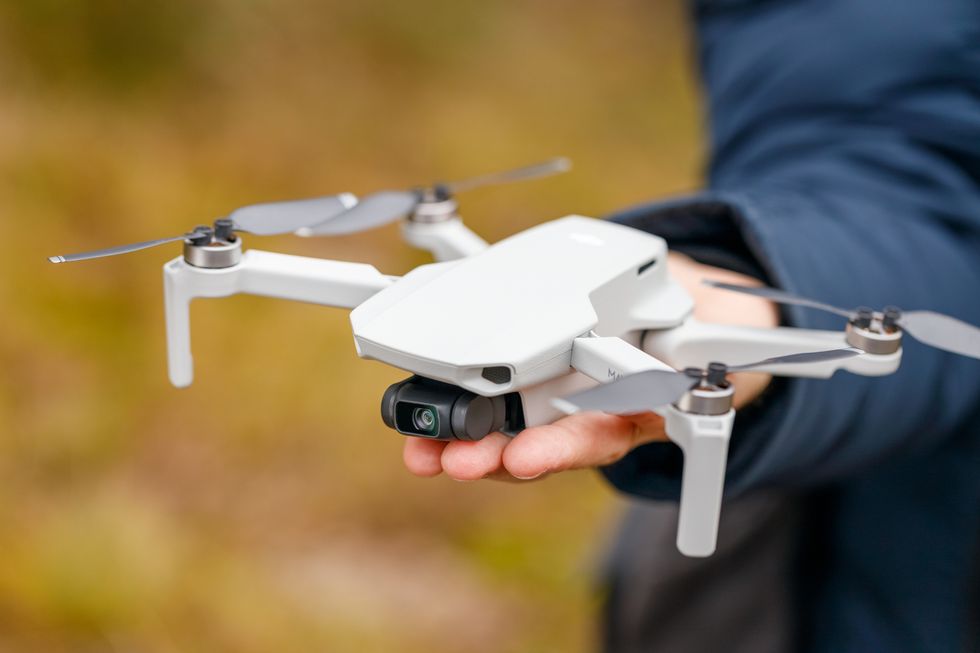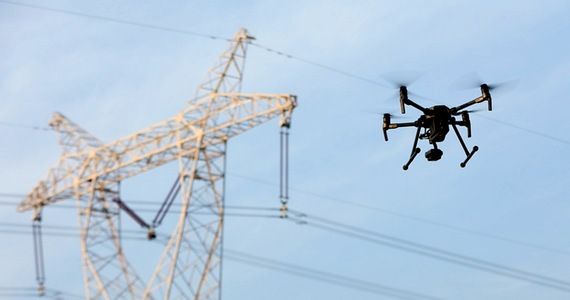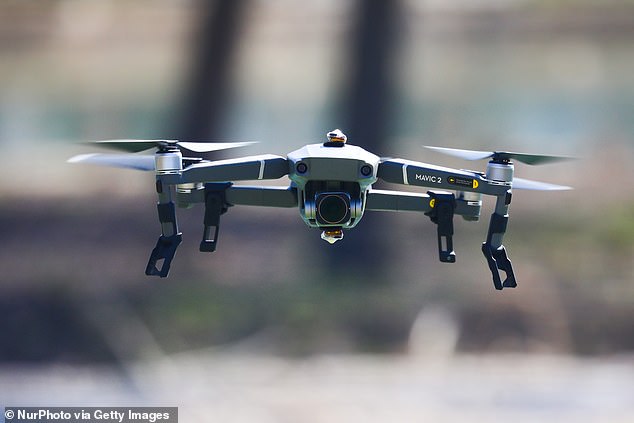In an attempted attack on a power substation in Pennsylvania last year, US officials discovered a copper wire attached to a DJI Mavic 2, a small quadcopter-type drone, according to a recently released Joint Intelligence Bulletin (JIB).
This is the first time an incident of this nature has been officially reviewed as a drone attack on energy infrastructure in the United States, according to the report, which was released last month, but it is likely to become more common as days pass.

The Joint Intelligence Bulletin (JIB) covering the drone attack was first published on October 28, 2021, by the Department of Homeland Security (DHS), the Federal Bureau of Investigation (FBI), and the National Counterterrorism Center (NCTC). The document reportedly dates the attempted attack for July 16, 2020.
“This is the first known instance of a modified UAS likely being used in the United States to target energy infrastructure specifically. We assess that a UAS recovered near an electrical substation was likely intended to disrupt operations by creating a short circuit to cause damage to transformers or distribution lines, based on the design and recovery location,” states the JIB.
This assessment, according to JIB, is based in part on other unidentified cases involving drones dating back to 2017.

“To date, no operator has been identified, and we are producing this assessment now to expand awareness of this event to federal, state, local, tribal, and territorial law enforcement and security partners who may encounter similarly modified UAS,” the JIB adds.
Aside from the attached copper wiring, the drone had several other modifications, including removing its camera and internal memory card. Furthermore, the drone was devoid of any labeling spots, making identifying the drone’s operator and tracing its origins difficult.
The DJI Mavic 2 can be purchased online for between $2,000 and $4,000. This episode highlights the growing threats presented by small drones and the low entry barriers for similar incidents. Because of the ease with which this technology can be obtained, it is now accessible to terrorists and drug lords who are already employing commercial drones in targeted attacks.

The incident adds to existing security concerns about illegal uses of commercial drones, such as smuggling, providing contraband to inmates, and other activities. Even though the US government appears to be taking the risk raised by the incident gravely, it is clear that counter-drone measures are utterly insufficient.


